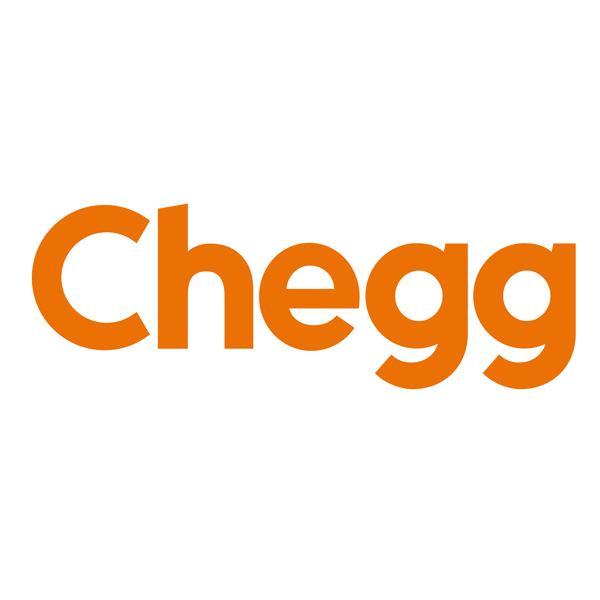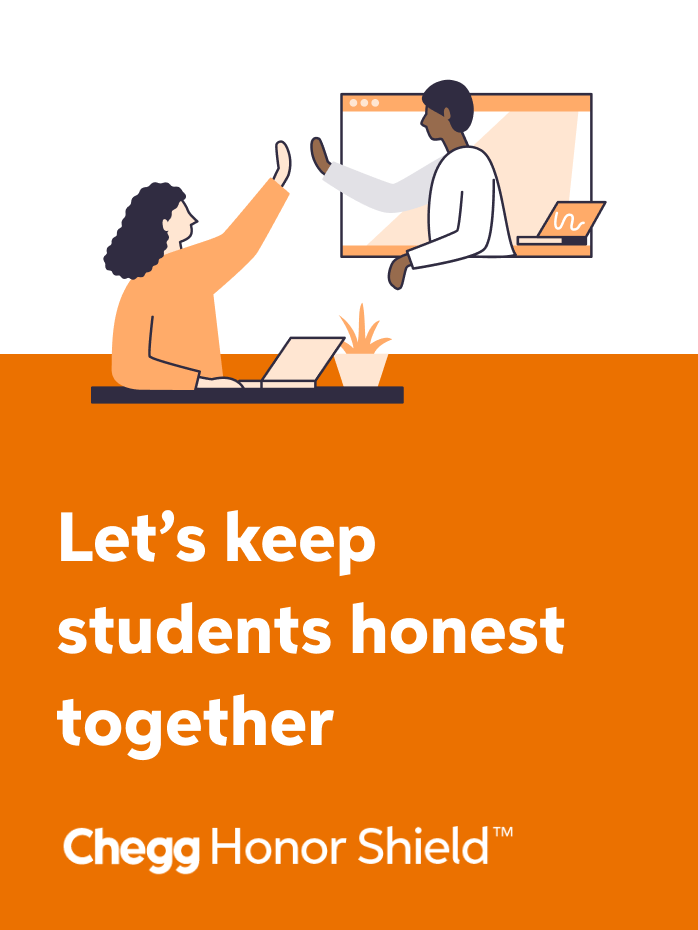
Maximising learning potential: how online courses meet the needs of today’s active learners

Whether it’s a student embarking on a degree course or an experienced professional building their skills, personalised online learning can help them achieve their goals. The pandemic demonstrated that, with the right training and tools, it’s possible to teach and learn effectively online. The challenge now is to create a seamless experience for students that maximises their learning potential, regardless of whether they are in or out the classroom.
“What’s exciting today is that you can access skills development and lifelong learning in a way that just wasn’t possible before,” says Nina Huntemann, chief academic officer at Chegg, a leading student-first connected learning platform. Online learning has opened up opportunities to gain microcredentials or acquire certifications that historically would have taken years, she says.
However, educators need to ensure they keep an eye on students’ wider goals, rather than the “extrinsic motivators” of the final qualification or grade, Huntemann warns. Higher education institutions can support staff to do this by giving them space to develop lesson plans and tailor content that draws out those intrinsic motivations. “One way to spark this is to connect what’s being learned in class to what the student wants to do as a career – something their identity is already wrapped up in. Teachers are in the best position to do this, so we need to think about how we’re training and enabling them to do this,” she says.
The proliferation of online learning tools has allowed educators to rethink how they deliver teaching. “When given the time and resources to rethink the classroom, faculty can create experiences that might not previously have been possible,” Huntemann says, and microlearning has the power to amplify skills even more efficiently, for university students as well as working professionals.
“The time people have to learn is short because of how busy and distracted we all are, but that doesn’t mean we have to give up on learning. That’s why there’s been an expansion in microlearning in edtech. It’s a recognition from cognitive science that short, repetitive practice can be better than a long, mentally exhausting period of study,” she says.
Educators and tech providers continue to build an evidence base for online learning, Huntemann explains. “The practices that work in person are also really good online, for example active learning. When we engage students in constructing their understanding, rather than lecturing at them, it works. In practice, you can create activities that they complete at their own pace or have the chance for reflection, or reserve face-to-face time in class for discussion.”
Huntemann acknowledges that, in this fast-changing space, institutions should keep all stakeholders in mind when designing their online learning programmes. “Effectively leveraging technology for the classroom needs to be a partnership between the institution, the instructors, the staff and the students,” she says. “But the last two can be forgotten and not part of the conversation. It’s often overlooked that students’ active engagement in learning includes the technology they’re being asked to use.”
Find out more about Chegg’s Centre for Digital Learning.
Learn more about Busuu, a Chegg service.


